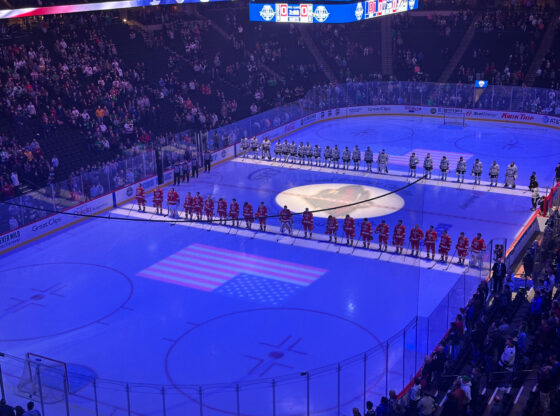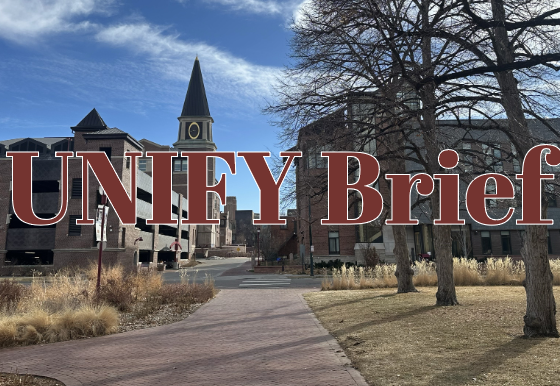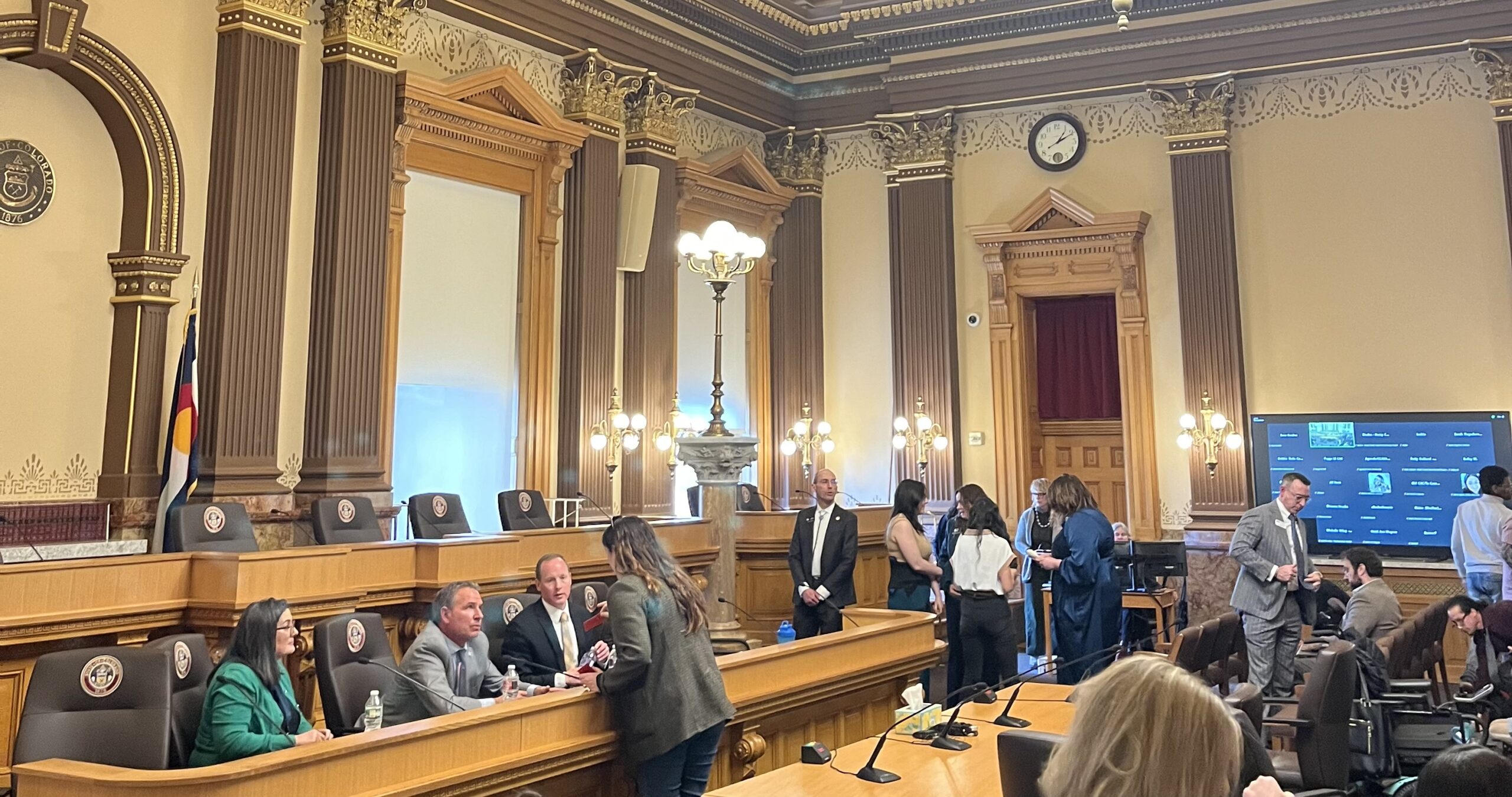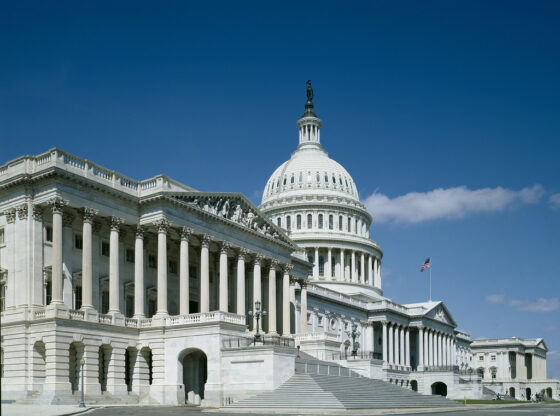When you return from spring break later this month, you, like other DU students, will be forking out a lot of cash for textbooks for your spring quarter courses.
Maybe you don’t have to.
Purchasing college textbooks each quarter easily puts a dent in your bank account, often hundreds of dollars. This is exactly why University of Minnesota graduate Osman Rashid decided to develop a Web site that allows students to save money – and help the environment also.
Chegg.com, an online textbook rental company, provides high school and college students with millions of titles to choose from and rents textbooks at a fraction of the list price, saving students up to 65 percent of their textbook bill. To date, the company estimates it has saved students over $2 million on textbooks.
Apart from providing students with a cheaper alternative to buying textbooks, the company reduces the impact that textbook manufacturing has on the environment. Each time a student rents a textbook from the service, the company plants a tree through the reforestation group Eco-Libris. Eco Libris operates all over the world and studies the places that have been most affected by deforestation, then plants indigenous trees in that area.
Chegg.com has grown to 25 times its original size since 2003, and students from 1,500 campuses nationwide are using the service, said CEO and co-founder Osman Rashid.
Rashid said the idea for Chegg.com came from looking into ideas for where he and Vice President Aayush Phumbhra could deliver a positive impact to students.
“After tossing around ideas, we thought, why not do a “netflix” system for textbooks? Demand is so massive and the parents and kids are going through so much financial distress that it became an obvious thing to do,” Rashid said.
Chegg was originally launched as Textbookflix.com, and in 2007 officially changed its name to Chegg – a combination of “chicken” and “egg.”
While Rashid did not mention exact statistics on how many students currently use the system, his online textbook rental site might attract business from DU students.
Although senior Craig Byers has not used Chegg.com because he was unaware of the service, he thinks it is onto something “pretty revolutionary.”
Story on page 4
“While Amazon.com has somewhat reasonable prices, the site does not specialize in college textbooks, so it’s very difficult to find those obscure required class texts. If Chegg.com is able to offer easily accessible textbooks, I believe it could be very successful,” Byers said. “And, with everybody trying to be more earth-conscious these days, planting a tree for every book rented will only attract business.”
According to a press release by Chegg.com, if a publisher sells one million copies of a 250-page book, it will take 12,000 trees just to produce the necessary amount of copies for that title.
While students might be excited about this service, it may have negative consequences for campus bookstore revenue.
Annette Nelson, general merchandise and textbook manager at the DU bookstore, said if this service were used by a majority of the students, it would definitely have an effect on the university.
“We have been aware of conversation in the industry for renting textbooks in the past, but we have never moved forward on that because it would have to be a university-directed decision,” Nelson said. “However, the bookstore is open to any kind of conversation for providing course materials to the students; we are not shutting the door on anything that would benefit the students.”
One of the attractions of Chegg.com is that students may return books at any time if they choose to drop a class.
Nelson said the DU bookstore does, in fact, make return exceptions for students who purchase books and then later drop a class, as long as students bring proof that they dropped the class. However, students will not be refunded their money if they drop the class during the fifth week of the quarter or later.
In the past three years, the book publishing industry has consumed an average of four million trees per year to print textbooks sold in America, according to the Chegg.com media kit.
Total new and used textbook sales were expected to exceed $9 billion in 2007, according to a press release from Chegg.com. Since 1980, college textbook prices have risen at twice the rate of annual inflation. As a result, more than one quarter of college students do not buy all their required textbooks because they cannot afford them.











